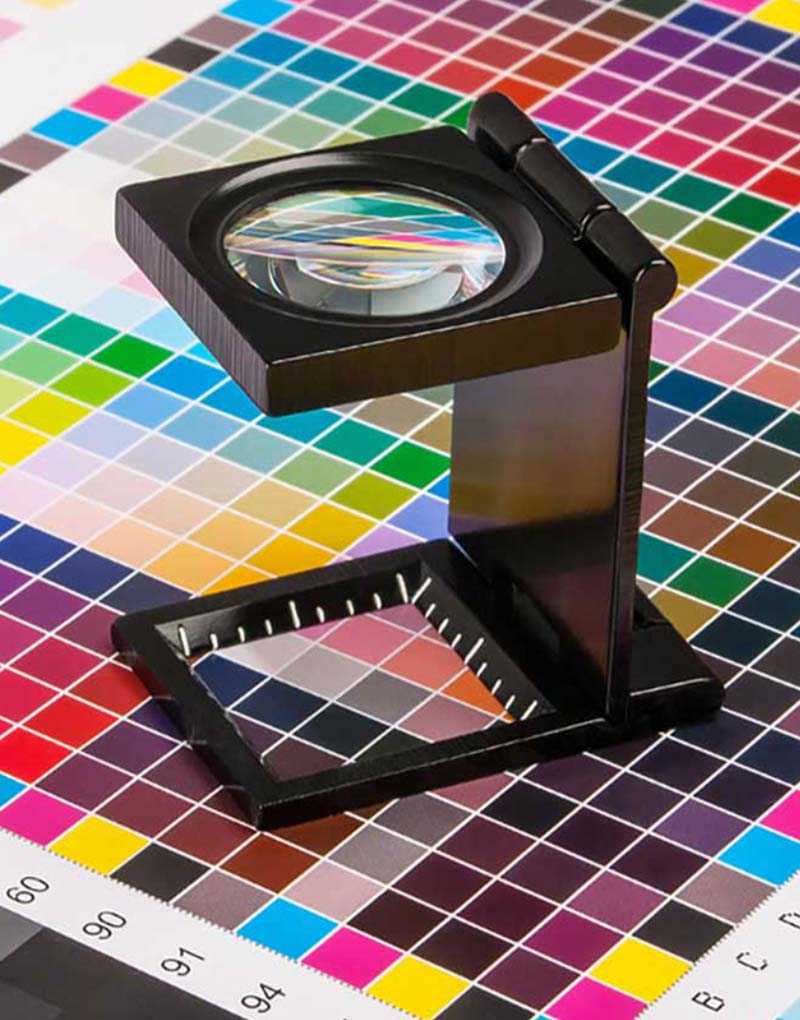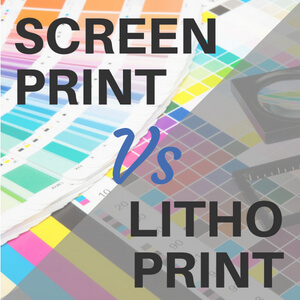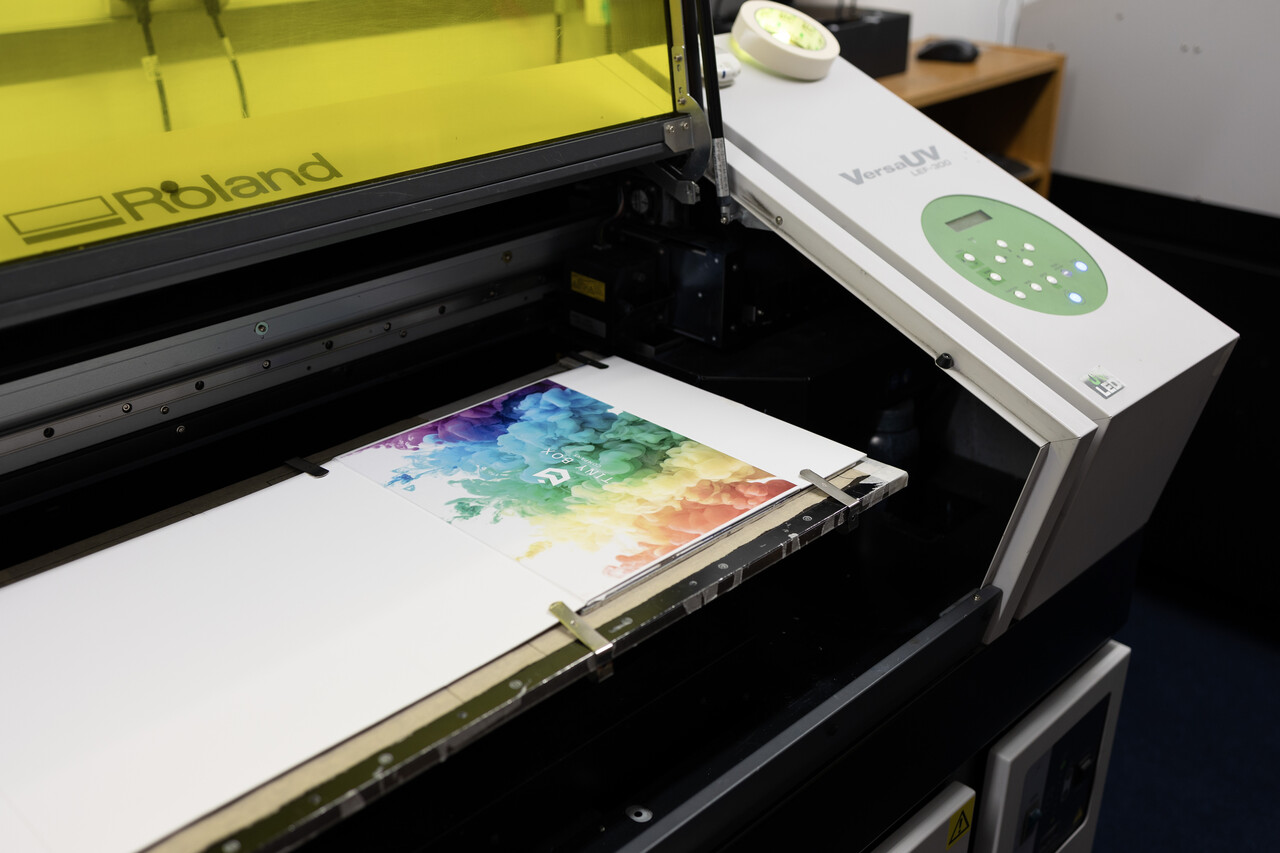Cost-Effective litho printing Solutions for Your Brand
Cost-Effective litho printing Solutions for Your Brand
Blog Article
A Comprehensive Guide to Recognizing Litho Printing Techniques
The world of litho printing, a strategy stemming from the late 18th century, is a remarkable blend of history, art, scientific research and innovation. This comprehensive guide will untangle the intricacies of this printing method, from the make-up of litho inks to the difficulties encountered in modern-day applications. As we venture into the ins and outs of lithography, the importance of automation and sustainability in guaranteeing its future relevance comes to be significantly clear. Stick with us as we trip into the exciting realm of litho printing.
The Historic Evolution of Litho Printing
The historical trajectory of litho printing, a crucial development in the realm of communication, is an exciting tale of human ingenuity. Birthed in the late 18th century by Alois Senefelder, this strategy was at first an affordable approach of releasing theatrical jobs. Lithography, acquired from the Greek words for 'stone' and 'to compose', made use of a smooth stone surface area to move pictures onto paper. The process developed with the advent of the rotary press, which greatly increased productivity (litho printing). In the 20th century, the advancement of balanced out lithography transformed the industry, enabling automation of top notch prints. Each phase of litho printing's evolution showcases humankind's ruthless quest of effectiveness and quality in visual communication.
Decoding the Scientific Research Behind Litho Printing Inks
Progressing in the expedition of litho printing techniques, the emphasis now moves to the science behind litho printing inks. The make-up of these inks, their drying out procedure, and color mixing methods form the backbone of this complicated art type. Recognizing these elements is essential to grasping the craft and achieving the wanted print outcomes.
Composition of Litho Inks
In lithographic printing, the essential function of litho inks can not be overemphasized. Pigments, the color-providing elements, are finely ground bits put on hold in the vehicle, a liquid that carries the pigment onto the printing surface. Each part plays a crucial part in the final print's high quality, making the precise formulation of litho inks a detailed science.
Ink Drying Refine
From the composition of litho inks, interest turns to the remarkable process of ink drying out. Two primary methods are used in litho printing: oxidative drying and absorption. Absorption, on the other hand, includes the ink permeating right into the paper fibers, which is a much faster process but can lead to much less dynamic colors.
Shade Combining Techniques
While the drying process plays an essential function in litho printing, the scientific research of color blending strategies holds equal value. The science behind litho printing inks additionally takes into account the transparency of the ink, which influences how colors overlay and mix.
The Art and Design Components in Litho Printing
Litho printing takes a breath life into art and design via its one-of-a-kind elements. The process involves producing a photo on a lithographic sedimentary rock plate or metal plate with a smooth surface. The photo is after that printed onto a medium, typically paper, by moving the ink from home plate. What collections litho printing apart is its capacity to duplicate intricate styles with high fidelity, making the outcome virtually identical to the original artwork. This is accomplished with using various line strategies such as cross-hatching, stippling, and hatching, which allow for additional reading a range of tonal impacts. Litho printing fits a range of colors, allowing musicians to develop lively and vibrant prints. This mix of accuracy and adaptability makes litho printing a favored option for numerous artists and designers.
Modern Applications of Litho Printing Strategies
Litho printing strategies have located extensive usage in the modern-day commercial market. Its influence and relevance remain to grow with the introduction of new advancements and modern technologies in the field. This area will certainly explore these modern applications and the transformative function they play in the printing market.
Industrial Litho Printing Makes Use Of
Litho printing stays an important component of the industrial industry. High-volume printing jobs, such as the manufacturing of publications, papers, and product packaging, rely on litho printing for its capacity to deliver exceptional picture quality and price efficiency. Litho printing likewise offers a broad color range, premium to that of electronic printing.
Innovations in Litho Printing
Pressing the boundaries of traditional techniques, contemporary developments have sustained a host of advancements in litho printing. One More Help popular development is digital litho printing, which incorporates the virtues of digital modern technology with litho's high-grade outcome. These technologies browse around these guys underscore the long-lasting significance of litho printing in the modern-day globe.
Discovering the Refine of Litho Printing: Step by Step

Obstacles and Solutions in Contemporary Litho Printing

Despite the precision and custom that litho printing happily supports, it is not without its collection of modern obstacles. Digital litho printing permits for economical short runs and very easy customization, dealing with the problem of variable data. Thus, while there are difficulties, the litho printing industry is proactively adjusting to meet them head-on, guaranteeing its relevance in the future.
Final thought
In verdict, litho printing, with its rich background and clinical intricacies, holds a substantial area in the print market. The future of litho printing hinges on its ability to adjust to these changing needs, verifying its long-lasting worth in an evolving market.

Report this page